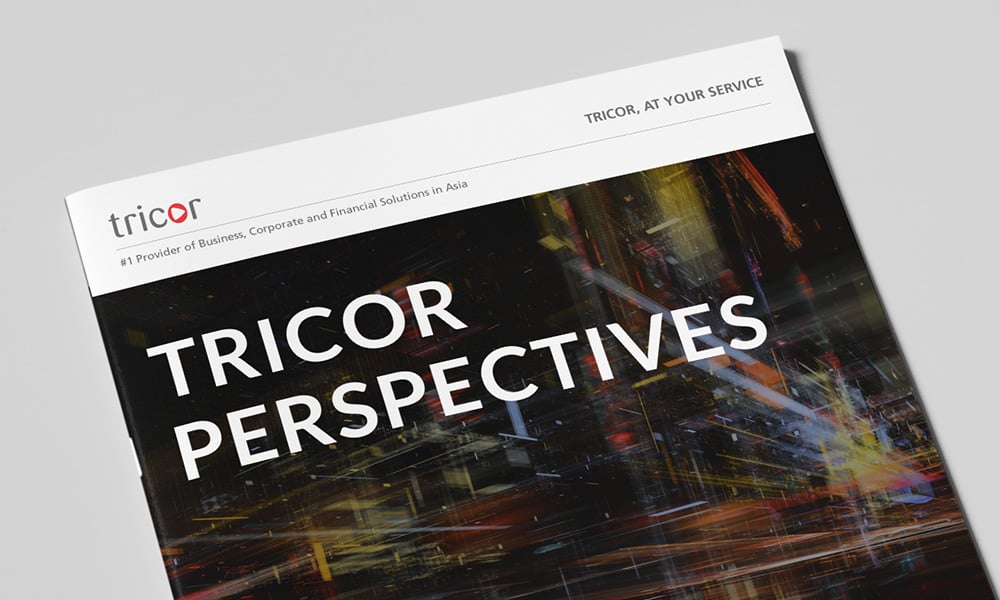As a global financial center, Hong Kong continually looks to strengthen its stock exchange – the HKEX. Recent focus has been on enhancing competitiveness in the initial public offering ("IPO") market, with the HKEX building on rule changes that allow weighted voting rights ("WVR") listings.
Enterprises with a WVR stock structure issue two types of shares, each with different voting rights. The company's founders, or those closely tied to its early development, usually own one share class that allows multiple votes. Meanwhile, the broader investment universe is sold a second share class that only carries one vote. WVR listings are often the preferred choice of burgeoning new-economy companies. A voting bias that favors the founders puts them in a stronger position to retain control of their business while still in the growth phase.
Listing Changes in Hong Kong
The HKEX amended its rules in April 2018, allowing WVR stocks to be listed for the first time. However, in the lead up to and early stages of the launch period, there was a good deal of debate over the merits of WVR. Much of this centered around founder preference and shareholder protection, as a small number of shareholders could theoretically stifle the majority's views. Indeed, concerns about investors' rights go some way toward explaining why the Hong Kong market lagged other global financial centers when authorizing WVR share listings. To be eligible, the issuing company must:
- Demonstrate that it is an "innovative company". For example, business success that is built on the use of new technology.
- Have a minimum market capitalization of HK$40 billion, or a minimum market capitalization of HK$10 billion, and annual revenue of HK$1 billion for the most-recent audited financial year.
- Confirm that any beneficiaries of the WVR listing own at least 10% of the underlying economic interest in the total issued share capital of the company.
Enhanced Listing Requirements to Protect Investors
What has helped reassure market participants is the comprehensive set of measures established from the outset that focus on investor protection. Specifically, corporate governance requirements are more stringent than those applied to single-share class entities. WVR structured companies are required to:
- Establish a corporate governance committee comprised entirely of independent non-executive directors, one of whom must act as the chairperson.
- Establish a nomination committee chaired by an independent non-executive director.
- Institute a permanent compliance adviser commencing on the date of the company’s initial listing.
- Produce a prominent warning statement: “A company controlled through weighted voting rights” on the front page of all corporate documentation that highlights the WVR structure, and the associated risks for shareholders.
- Require directors, senior management, and the company secretary to have undertaken training on WVR rules and risks associated with WVR-related matters.
- Require WVR structured companies to be prominently identified through a unique stock marker: “W”, at the end of their stock name.
The Extension of WVR to Corporate Shareholders
Initially, WVR only applied to individuals, such as the company's founders or those chiefly responsible for the firm's initial growth. Corporate shareholders were still limited to one vote. New-economy companies often operate within a broader corporate group that may have played a significant role with the provision of start-up capital.
By 2020, the HKEX began a consultation on whether to accept corporate WVR beneficiaries. What emerged from this process was a decision to allow certain Greater China companies that are directed by corporate WVR beneficiaries (as of 30 October 2020) to have a secondary listing in Hong Kong. The HKEX rules state that the issuing company must:
- Have a primary listing on a qualifying exchange (London Stock Exchange, Nasdaq and NYSE) and the listing should have occurred before 15 December 2017.
- Demonstrate that it has complied with the regulatory framework of the primary exchange.
- Be structured as an "innovative" company. This is defined as business success driven by either new technologies or an operating model that differentiates the enterprise from existing players.
- Include a corporate shareholder that has had a material association with the company for at least two years. The corporate shareholder must also have an economic interest of 10% or more.
- Have a minimum market capitalization of HK$40 billion or at least HK$10 billion with an annual revenue of at least US$1 billion for the most recent audited financial year – this is in line with the rules for non-corporate WVR listings.
In addition, the WVR shares are subject to a 'sunset clause', which means that WVRs held by corporate beneficiaries will lapse 10 years after the listing unless it is renewed through the approval of the independent shareholders for further period of 5 years.
WVR – A Future Growth Engine
The initial phase of WVR in Hong Kong has shown that investor interests are not necessarily compromised if the appropriate safeguards are in place. On the contrary, the WVR structure may support stock prices and operational performance, as its founders can focus on building the business according to their original concept.
In terms of future development, it is anticipated that a growing number of companies with a WVR structure will list or dual list in Hong Kong, attracted by the city's robust yet flexible legal and corporate governance framework. In tandem, the HKEX will continue to talk to the market about developing its rules.
One theme currently in focus relates to Greater China companies with a listing in New York. Given China-US tensions and the tighter regulatory scrutiny of Chinese businesses, we may see these entities seek alternative destinations for their secondary listings. If future rules changes allow, then Hong Kong could emerge as a candidate for this business.
Ultimately, these developments will boost the global standing of the HKEX, helping the HKEX to achieve its three strategic goals, which are to become:
- China Anchored
- Globally Connected
- Technology Empowered
The development of WVR in Hong Kong shows that a three-way balance can be struck between acknowledging concerns about investor protection, retaining a focus on market development, and creating shareholder value. New-economy companies could become the blue-chip stocks of tomorrow, and WVR gives them a solid footing at the start of their market journey.







